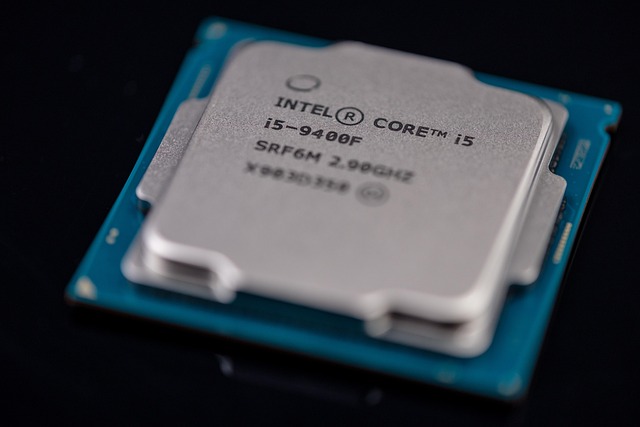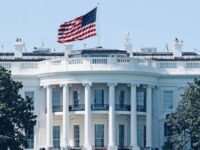White House Reportedly Weighs Stake in Intel, Shares Jump

The U.S. government is reportedly exploring the possibility of taking an ownership stake in Intel, a move that could provide much-needed support for the struggling chipmaker while boosting domestic semiconductor production. News of the discussions sent Intel stock soaring more than 7% on Thursday, according to market data.
The potential arrangement follows a meeting earlier this week between President Donald Trump and Intel’s chief executive, Lip-Bu Tan. According to Bloomberg, the discussions remain preliminary but center on an unusual proposal: Washington directly investing in Intel to accelerate the company’s turnaround and revive its role as a leader in advanced chipmaking.
Reviving a Once-Dominant Tech Giant
Intel, once the crown jewel of American innovation, has struggled in recent years to keep up with competitors such as Taiwan Semiconductor Manufacturing Company (TSMC) and Samsung. Delays in production, missed technology cycles, and leadership turmoil have eroded its dominance. Tan, who took over as CEO in March, has been trying to restructure the company through major cost-cutting measures, including a reduction of 15% of its workforce.
A White House-backed investment could help Intel move forward with plans to open a new semiconductor fabrication plant in Ohio. The multibillion-dollar project has been delayed multiple times due to financing concerns and supply chain challenges. Support from Washington would not only inject confidence into Intel but also align with Trump’s broader push to bring high-tech manufacturing back to American soil.
Domestic Manufacturing in Focus
Over the past year, the Trump administration has signaled its interest in taking unconventional steps to secure U.S. leadership in critical industries. Semiconductors, artificial intelligence infrastructure, and rare earth materials have all been flagged as national priorities. Officials have reportedly considered similar equity-based partnerships with other American firms.
“Discussions about hypothetical deals should be treated as speculation unless formally announced by the administration,” White House spokesperson Kush Desai said in a statement.
Intel declined to comment directly on the report but reiterated its alignment with Washington’s manufacturing agenda. “We are deeply committed to strengthening U.S. technology and production leadership,” a spokesperson said. “We will continue working with the administration to advance these priorities, but we are not commenting on rumors.”
A Meeting with High Stakes
President Trump described his recent meeting with Tan as “very interesting,” praising the CEO’s personal story and business success. Trump added that Intel executives and administration officials were expected to present investment ideas in the coming days. For Intel, the talks offered an opportunity to explore a variety of partnership models that could help accelerate its recovery and reinforce its competitive position.
Tan, meanwhile, has been tasked with steering Intel through one of the toughest periods in its history. Beyond layoffs, he has emphasized the need for bold investment in research and development, while also repairing strained supply chains.
Not the First Deal of Its Kind
If finalized, a White House stake in Intel would not be the first unconventional government-industry partnership under Trump. In recent weeks, MP Materials, a rare-earth mining company, secured a multibillion-dollar deal with the Department of Defense to expand U.S. production capacity for magnets used in defense and clean energy technologies.
Similarly, chipmakers AMD and Nvidia recently reached agreements with Washington to pay a portion of their revenues from sales to China in exchange for export licenses, a move aimed at balancing national security concerns with commercial interests.
Whether the Intel deal materializes remains uncertain. Still, the talks underscore the administration’s willingness to take bold steps to rebuild America’s tech dominance at a time when semiconductors are increasingly seen as the backbone of economic and military power.









